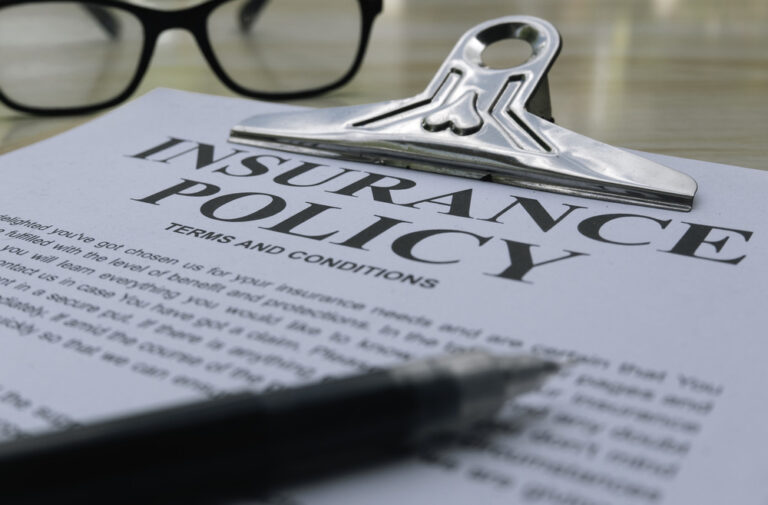It can be tricky to know exactly which questions to ask when buying a static caravan. For most things, many of us have some knowledge around the questions to ask – especially true if you’re looking for a new house, a new car, or even a new toaster – but since few of us have bought a caravan, it’s harder to know which are the important questions.
As such, we’ve put together 33 of the most important questions to ask when buying a static caravan. Not all of these will be relevant to everyone – so feel free to scan the list and pick out the ones that are right for you.
PRO TIP: Visiting a holiday park soon to look at static caravans for sale? Make a note of the questions you want to ask. It can be easy to get carried away and fall in love with a holiday home or a park when you’re there – so a list of questions will help you to stay somewhat objective!
1. How much does it cost to keep a caravan here?
There is a huge range of caravan parks in the UK with an equally huge range of running costs. Everyone’s budget and requirements are different – so there’s no right or wrong answer here – you just need to work out if the answer you get fits your budget.
When you talk to a salesperson about how much it costs to keep your very own holiday home, make sure they cover everything – including site fees, insurance costs, local authority rates (more on this later), gas and electricity costs, and any other incidental costs you might run into.
Remember, a holiday home should be something you love – not something that brings financial stress to your life, so don’t be tempted to have a salesperson nudge your running-cost budget upward if you can’t afford or justify the extra spend.
2. Is the park child-friendly?
Looking for a park where your kids or grandkids can have a great time? Or maybe you’re looking for a park that’s more adult-oriented with a little less hustle and bustle?
No problem either way – but if you’ve got strong feelings one way or another, it pays to ask the question!
3. How long is your season?
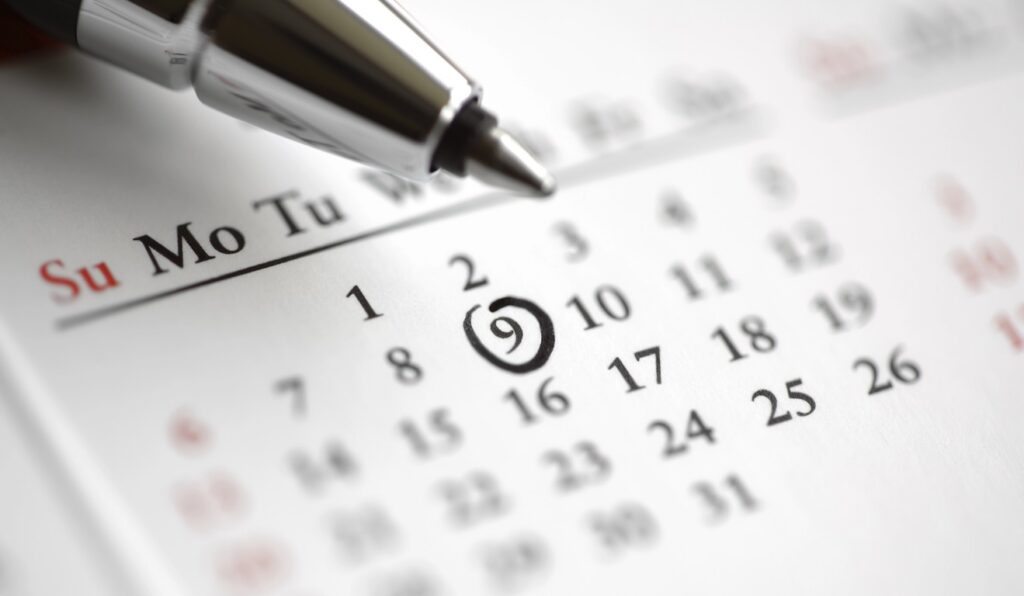
Season lengths on parks vary considerably. Today, more and more parks are open to owners for the full 12 months – but many still close for a period over the winter season, often somewhere between November and February.
There are pros and cons of different season lengths. Some parks like to close for a while to make sure they can do work around the park without disrupting owners. Then again, some try to stay open all year round so you can maximise your time there.
One thing to be mindful of is the fact that, even if open all year round, most holiday parks with swimming pools and activities will usually close the doors to these facilities through the off-season. If this is important to you – get a solid answer from your salesperson. If you’ve got daydreams of a quiet drink on a snowy winter day but find the facilities are closed until March, it can be a bit disappointing.
4. Can I live here?
This is a big question! In fact, it’s so big that we’ve dedicated a whole blog post to it – Living in a Static Caravan in the UK.
In short, living on a holiday park isn’t allowed. People who do – or parks that allow it – are very likely breaking the local council rules or the law. While this might feel like a low-risk problem compared to the benefits of living in a static caravan, local councils are clamping down on this all the time – and it can leave you without a home if you or the park is caught out.
If you’re looking to live in a caravan, look for a residential park. If you ask a salesperson about living on a holiday park (i.e. one that doesn’t have residential status) and they give you a sneaky answer that suggests you could get away with it – we strongly suggest that you avoid that park. Not only are they breaking a variety of rules and laws – their answer is unethical and doesn’t protect you, which means they might be dishonest about other questions you have too.
5. How long can I keep my caravan here?
Have you ever heard about holiday caravan parks that require you to upgrade your caravan after a certain number of years?
It’s not as common today – but it used to be a fairly standard industry practice – and it still happens here and there. As such, it’s important to ask about age limits on caravans. Of course, this isn’t to say a park with an age limit is a bad thing – it’s a great way of keeping the park looking great and ensuring continual reinvestment in the park, but if it doesn’t work for you financially to be upgrading in a certain number of years, you might be best looking somewhere else.
6. Can I bring my dog?
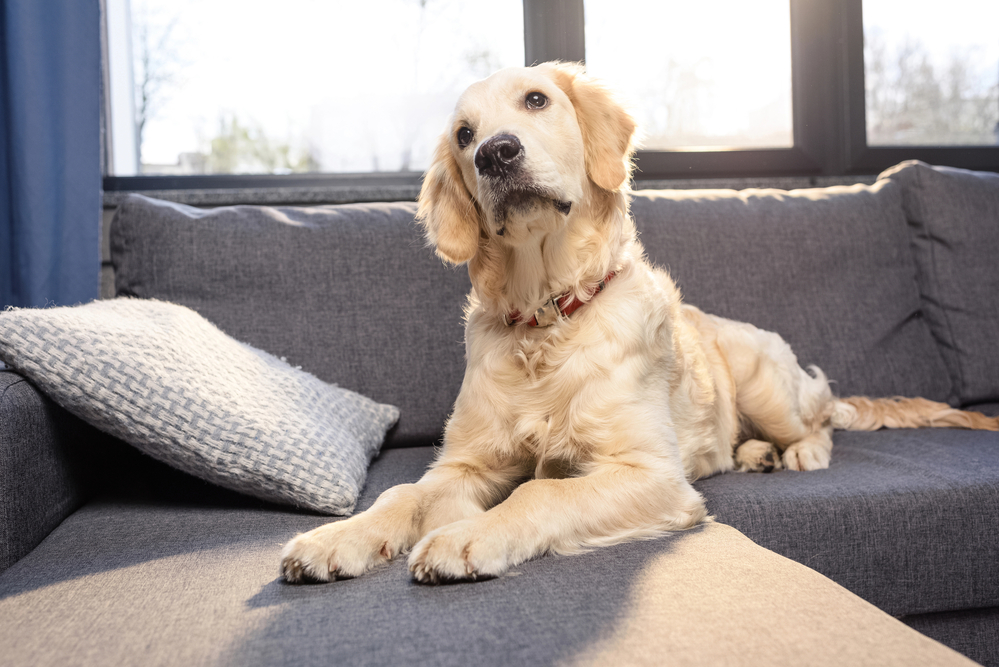
Simple one! As a nation of dog lovers, lots of people want to know if they can bring their beloved pooch with them when they come for holidays or weekends away.
Some parks don’t allow dogs. It’s uncommon but not unheard of – so just make sure you ask.
If you’re a dog owner and you have a breed that’s considered dangerous (even if your dog is people-loving and friendly), you should ask the person you’re dealing with if there are any restrictions on certain breeds. Some of the large holiday park operators have a list of breeds they won’t allow on the park for safety reasons.
7. What happens if I want to sell my caravan?
Your caravan is yours – so you’re free to sell it to anyone you want, right?
Well, yes and no. While no park operator will stop you selling your caravan at any stage, some will ask that you give them first refusal at your chosen price. You’re free to say no of course – but if a park operator is low on pitches for caravans, they might step in and buy it off you simply to secure the pitch. This is something to be aware of before you advertise the caravan or offer it for a great price to someone you know.
In other cases, the park will want to facilitate the sale for you – showing potential buyers around on your behalf. This might sound restrictive, but since the new person is going to be joining their park and abiding by their rules, they’ll want to make sure they have all the information and be aware of everything that’s expected of them.
Whatever the rules – it’s important to ask. You might not be thinking about selling your caravan right now – but if your circumstances change, it pays to know what happens next.
8. Will I need to insure my caravan?
Your caravan will almost certainly need to be insured – so the question here is really whether or not the park includes the cost in the fees you pay them or whether you have to shop for insurance elsewhere.
Often, a park operator will have access to a policy from an insurer that’s already insuring holiday homes on the site. You may be able to access your own policy simply through the park – or, in some cases, pay so that your van is covered on their policy.
However, if you want to, or need to, shop around, it’s important to ask your park operator exactly what’s required from an insurance policy. Since the caravan is on land that’s owned by the company and accessible to other members of the public, you’ll need to have some element of public liability cover for example. Your park operator will explain what’s needed – and should be able to give you a checklist you can use to make sure any policy you buy covers what’s required.
9. Do you have events for caravan owners?
Some holiday parks have special events they put on for caravan owners. Events can range from parties and BBQs through to trips off the park, sports events, children’s clubs, exclusive entertainment – and much more.
For some people, these additional events are an important part of having a caravan, especially if you want to feel like you’re part of a community on the park. If you like the idea of events – ask about them!
10. Can I rent or sublet my own holiday home?
The ability to rent or – as it tends to be known – “sublet” your caravan varies from park to park. If you just want the caravan to be yours and never used by anyone else, that’s absolutely fine and any park will be able to accommodate your needs.
However, if you’d like to let your caravan out a little, perhaps to cover some running costs, the park will need to agree that this is okay. This isn’t hard to find – in fact, many parks encourage it.
Some parks will allow you to advertise your caravan and sublet it privately to people who you find – leaving you in charge of the money side of the agreement. However, some parks will offer to sublet your caravan for you – placing their own guests in it on dates that work for you. This tends to take a lot of the work out of the subletting job for you – so it’s well worth asking about if you’d like your caravan to be earning you some money when you’re not there.
11. Can friends and family use my caravan?
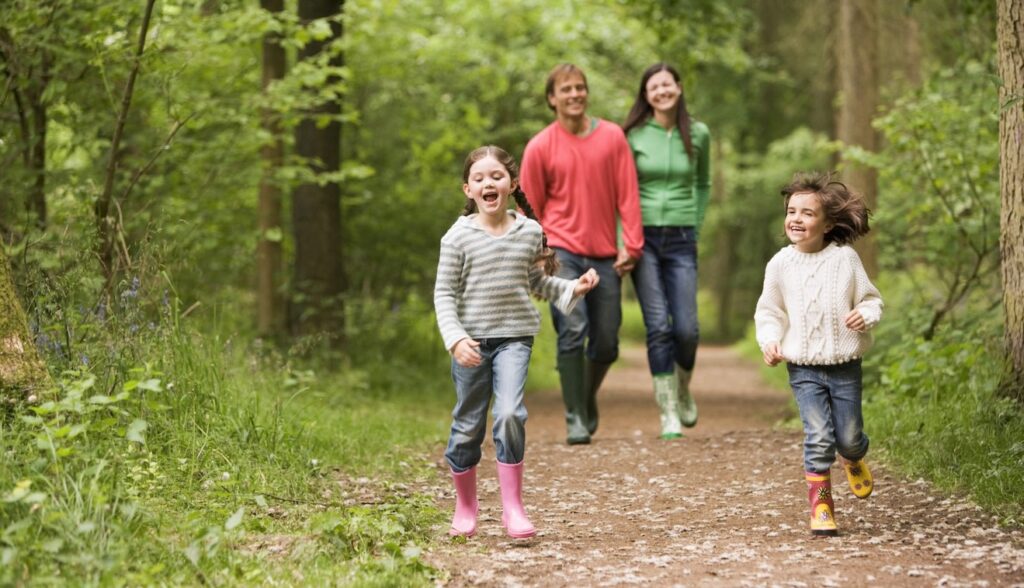
Generally speaking, this is going to be a “yes” when you ask – but it’s worth checking if you’ve got friends and family eagerly waiting on news of your new caravan!
If you do have people lining up to use your caravan, you should check that they’ll get the same access to all the facilities you do. They may end up having to pay for additional passes to entertainment, pools, and such like – but they’ll be able to buy them at the park – and some parks will let them use everything on the basis that they’re guests of owners.
12. How many passes to entertainment facilities will I get with my caravan?
To prevent people who aren’t owners or holidaymakers at a park from using the facilities you’re helping to pay towards, most parks will use passes at access points to entertainment complexes.
Most of the big park operators will allow you 8 passes that you can allocate each year to the people who will be using the caravan the most. However, if you’re a family of 9, they typically won’t have a problem issuing you another pass when you join as owners.
These passes are usually renewed each year – at which point you can change who has access. Each park is a little different with how the issue and police passes though, so it’s worth asking about how it works.
13. What happens if my caravan needs any maintenance?
Since your caravan is yours, doing some maintenance jobs on it usually isn’t a problem. However, lots of parks will have either a maintenance person or a dedicated team if you need something specific. If you’re not into changing lightbulbs or bleeding radiators, it’s worth asking if there’s someone on the park who can help.
Also, if you fancy yourself as an interior designer or caravan engineer – it’s a good idea to check with your park before you start making changes. If you’ve bought your caravan using a finance package, you might be a little limited around what you can do – but again, asking is the best bet.
14. Can I pay for a caravan using finance?
Usually, yes – you can buy a caravan using a finance company package.
Now, how this works park-to-park varies. Some parks will have working partnerships with certain finance companies (and some even own their own finance companies!) – which means your salesperson will be able to walk you through exactly what’s available.
In other instances, parks will be able to put you in touch with a finance provider who’ll take you through the application process either before you’ve found a caravan or when you’re at the park. Of course, there’s also the potential to seek out your own finance agreement too – either a person loan or a caravan-specific product that you’ve found online or through your bank.
Since finances are such a personal area, it’s really important to understand all your options before you decide what’s right for you. A good salesperson will be able to explain what those options are – so don’t be afraid to ask.
15. Can I place a deposit if I see a caravan I like? (and is it refundable?)
A lot of caravan parks will allow you to secure your caravan with a deposit if you see one you love but need to go away and finalise your finances. This will almost always be a refundable deposit – but it’s essential that you ask this and get confirmation in writing before you leave any money.
Typically, the salesperson will want you to leave as much deposit as possible. It might not sound fair – but parks see a lot of potential owners, so they won’t want to tie-up a caravan unless the buyer is close to certain they want to buy it – so a larger deposit acts as a greater assurance that you’re committed to becoming an owner!
However, some parks will accept as little as £500 or £1,000 in the short term – so don’t be afraid to ask.
16. Will I need a TV licence for my caravan?
The answer to this depends on you rather than the park. Usually the answer is no – but it’s a little bit indepth if you’re potentially watching TV at home and on a park at the same time. So you’re fully clued up, we’ve written a dedicated blog about it: Do You Need a TV Licence for a Caravan?
Salespeople on the best caravan parks will stay on top of everything you need to know about this though, so just ask if you’re not 100% sure.
17. What facilities do you have on the caravan park?
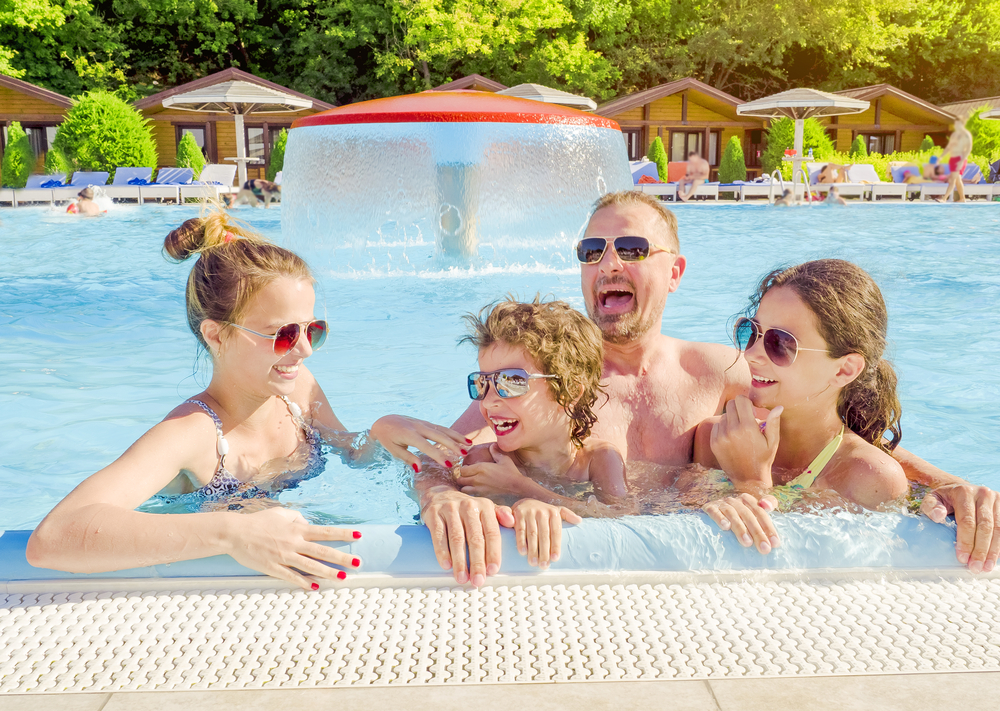
Want to know what being an owner on this park means for you? Just ask! A salesperson who really wants you to be sure you love the park will take the time to show you everything the park has to offer. It might take a little while to show you everything – but it’s an important part of having a great experience as an owner, so it’s time well spent.
18. What is there to do nearby?
Again, like the facilities on the park, you’re probably going to find yourself doing things nearby too. As such, ask the person you’re dealing with about things that are close.
Of course, the internet is your friend here too – with plenty of sites that list local attractions.
19. Do the site fees increase each year on a holiday park?
This is a really important question to ask – and the answer might not be as clear-cut as you’re expecting.
Typically, a park will decide on a figure that it charges new owners for site fees each year. However, existing owners on the park will usually continue paying close to what the rate was when they signed up.
Now, this isn’t to say your sites fees might not increase – it’s just that they won’t increase as much as they would if you re-joined as a new owner. Site fee costs will typically go up in line with inflation and a few other factors that parks take into consideration.
Don’t be afraid to ask your salesperson to explain in detail – and potentially even show some examples. Being comfortable financially is an important part of enjoying the caravan experience, so no one should mind you asking questions that help to make sure this is the case going forward.
20. Can I pay my site fees in instalments?
The answer here will depend on the park and the site operator.
In many cases, you’ll get the remainder of the first year’s site fees included in the price of the caravan you choose. You’ll also get an ‘account’ with the park – when they can log any payments you make for things like gas bottles or other incidentals. Some parks will allow you to put this account into credit – effectively paying up front for the next year of site fees.
This can be a handy way of paying your fees in instalments – especially because you’re then a year in advance by the time your next year’s bill is due.
However, since your bill is usually issued towards the end of the year and requires payment around the time the new season gets started, you may find that the fees have to be paid by this point, making paying in arrears not possible.
It’s important to note that every park does things a little differently around site fees, so it’s important to ask so you can budget accordingly.
21. How is gas and electricty paid for on holiday parks?
Like at home, you’ll pay for what you use when it comes to gas and electric. However, different parks have different ways of billing and supplying energy, so it’s useful to know if you want to keep a close eye on costs.
99.9% parks have mains electricity that’s supplied to the caravan through underground cables. However, gas depends – sometimes it’s bottled and delivered to your caravan, but in other cases it’s fed through pipes that are plumbed directly into your caravan.
Plumbed gas is more convenient – since you’ll never have to worry about ordering bottles or one running out in the night! But it sometimes attracts a premium cost. Not sure what’s right for you – just ask!
22. Will there be internet access on the park?
If you’re someone who is largely “unplugged” from the internet you’re likely in the minority – which makes internet access on holiday parks a must for most people.
Different parks approach the internet in different ways. Some will let you organise having your own broadband cable connection provided by an approved supplier to the park. Others will have WiFi that spreads across the park, which you can subscribe to.
Of course, some don’t have any internet infrastructure – which means you’ll be relying on your mobile service or a ‘dongle’ that you’ll pay for separately. This might not be an issue – but if you’re a fan of a Netflix boxset, you might want to ask about connectivity.
23. Can I buy my caravan from you or do I need to use a caravan dealer?
Usually, larger parks will have caravans in stock that they will sell to new owners. However, some smaller parks don’t have the space to carry any stock – so they’ll rely on local caravan dealers to show you what’s available.
Either way, most parks will be able to buy caravans direct from manufacturers too, giving you lots of brochures to explore – although the ordering process can be quite lengthy.
Caravan showgrounds will usually be at the park entrance – so if you don’t see caravans for sale, or there isn’t the model you want, just ask!
24. Is there somewhere to park my car?
This is one of the good questions to ask when buying a static caravan – especially if you’re bringing kids, dogs, and plenty of stuff with you to the park when you visit.
Lots of caravans will have a designated parking space next to the holiday home – but it isn’t always the case. If access is important – especially if you have anyone with mobility issues or disabilities visiting – then asking about where to park and seeing some examples will be useful.
25. Is there a range of site fees or just one fixed cost?
It’s not uncommon for parks to have different areas – and therefore different site fees, otherwise known as “pitch fees”.
Typically, more expensive areas will come with different perks. For instance, the front row of caravans overlooking a beautiful sea view could be a little (or a lot!) more expensive than the row of caravans at the back.
This is well worth asking your salesperson, especially if you have specific wants or desires around the pitch that you get.
26. Does the caravan come with any kind of guarantee or warranty?
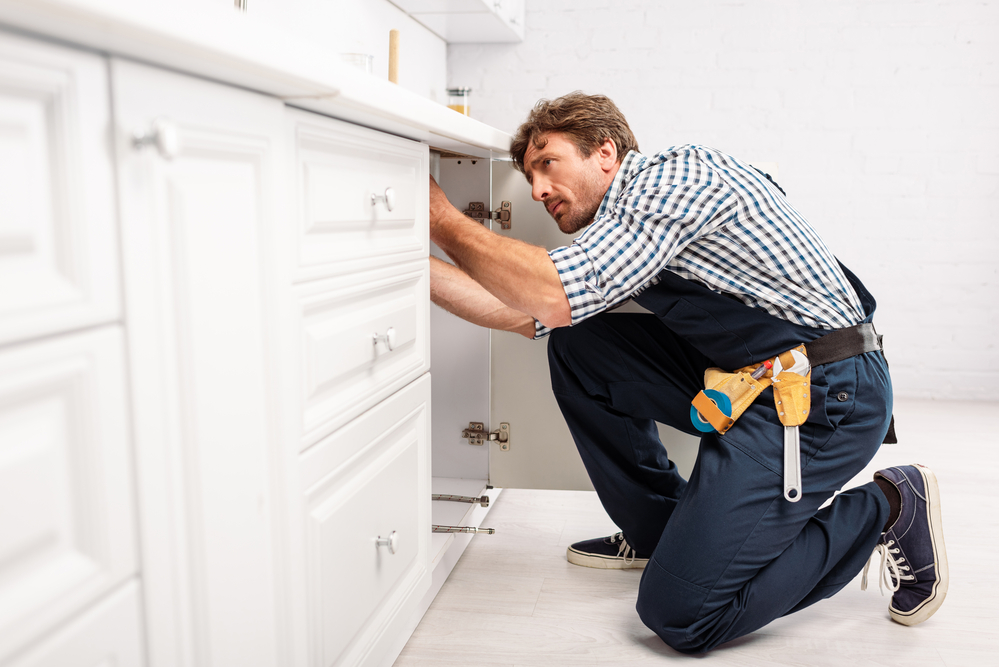
This will vary from park to park. Most new caravans have a 12-month warranty direct from the manufacturer – but this isn’t the case with used holiday homes. Different parks may offer a short warranty to make sure any teething issues are ironed out – but it’s worth asking to make sure you know where you stand if anything goes wrong.
27. Do you have security on the caravan park site?
Most large parks will have some element of security – either patrols, cameras, or similar. That’s not to say that there’s trouble on holiday parks very often – it’s mostly just for reassurance.
Security is important to most people – so it’s worth asking what the park has in case of any problems. In many cases, security guards will double-up as maintenance people too – meaning there’s someone on hand around the clock should you find yourself with tripped electric or an empty gas bottle that needs replacing!
28. Do I pay council tax on caravan holiday parks?
Now, this question comes up a lot – but the key is in the terminology used. You don’t pay council tax on holiday parks because they are – as their name suggests – for holidays. However, you will pay council tax on a residential park – since people live there.
So, ask the question. Chances are, the salesperson you’re dealing with is going to say no. But it’s useful to be certain about this – so you know where the park stands on people living there.
For a detailed look at council tax on holiday parks, you can take a look at our dedicated blog: Do You Have to Pay Council Tax on a Static Caravan.
29. Can I have decking on my caravan?
This can be a tricky one! Lots of parks will have areas where decking is perfectly fine – but other areas where the space around the caravans doesn’t allow for decking.
There are lots of health and safety rules around the space around caravans and the sizes and shapes of decking too – which can add to the complexity of whether or not decking will work on your chosen pitch.
Assuming you can have decking – you’ll also need to talk to the park about who can create that decking. Generally, this is because the decking must comply with the park’s safety rules – but also the insurance company’s requirements around public liability.
Don’t worry if it sounds complicated – the person you’re talking to on the park will be able to give you a solid answer if having some outside space is important to you.
30. Do I need to pay for the siting and connecting of my caravan?
Typically, the price you pay for a caravan on a park includes everything you need to get started – including the costs involved with moving the caravan to your chosen pitch, connecting it, carrying out safety checks – and so on.
However, this isn’t always the case – so it’s worth checking with the park to see if this is something that’s included or whether it’s something that will add to the price you’re looking at.
31. What are the park rules?
Virtually every different park has different rules. Usually, they’re covered by common sense – but if you’d like, you’re perfectly entitled to ask to see them before you buy.
When it comes to the large caravan park operators, they will carrying out something called a “welcome meeting” or similar when you go ahead with your purchase. During this meeting – usually with a senior manager on the park – you’ll be talked through, and agree to, all the park rules.
32. Should I buy a new or preowned caravan?
This is where a caravan salesperson’s experience is really handy. Like most things – buying preowned means you’ll get ‘more’ caravan for your money – but there’s also often an appeal in having something that’s brand new.
Hopefully, asking this question will lead to the salesperson showing you comparable new and pre-owned caravans that meet your budget – then, it’s just a case of choosing the one that you like and is right for you!
33. Do you have dedicated time in the swimming pool if you’re a static caravan owner?
Let’s face it, nothing says you’re on holiday like a dip in a nice pool. However, holiday parks can get busy – so some parks will create dedicated timeslots in which holiday home owners can have their own time in the pool.
If your idea of a break from home includes doing a few lengths or even just sitting in a nice spa, then asking about dedicated time is a good move!
Questions to ask when buying a static caravan: A Summary
If you read all of those – well done! That’s a lot to take in!
As you can now see, not all of these questions will apply to everyone – so it’s a good idea to choose the ones that touch on things you’re thinking about. As we mentioned previously, it’s very easy to carried away when you’re on a beautiful park, looking at amazing static caravans – so keeping the important questions in your head will stop you from driving home and thinking “I wish I’d asked that!”
Ultimately, the message here is to ask, ask, ask, and ask some more. Buying a static caravan is often one of, if not the, biggest investment anyone will ever make in their leisure time. As such – it needs to be right! And, don’t ever worry about looking silly or ignorant – it’s a salesperson’s job to make sure they’ve given you answers to all the questions to ask when buying a static caravan!

